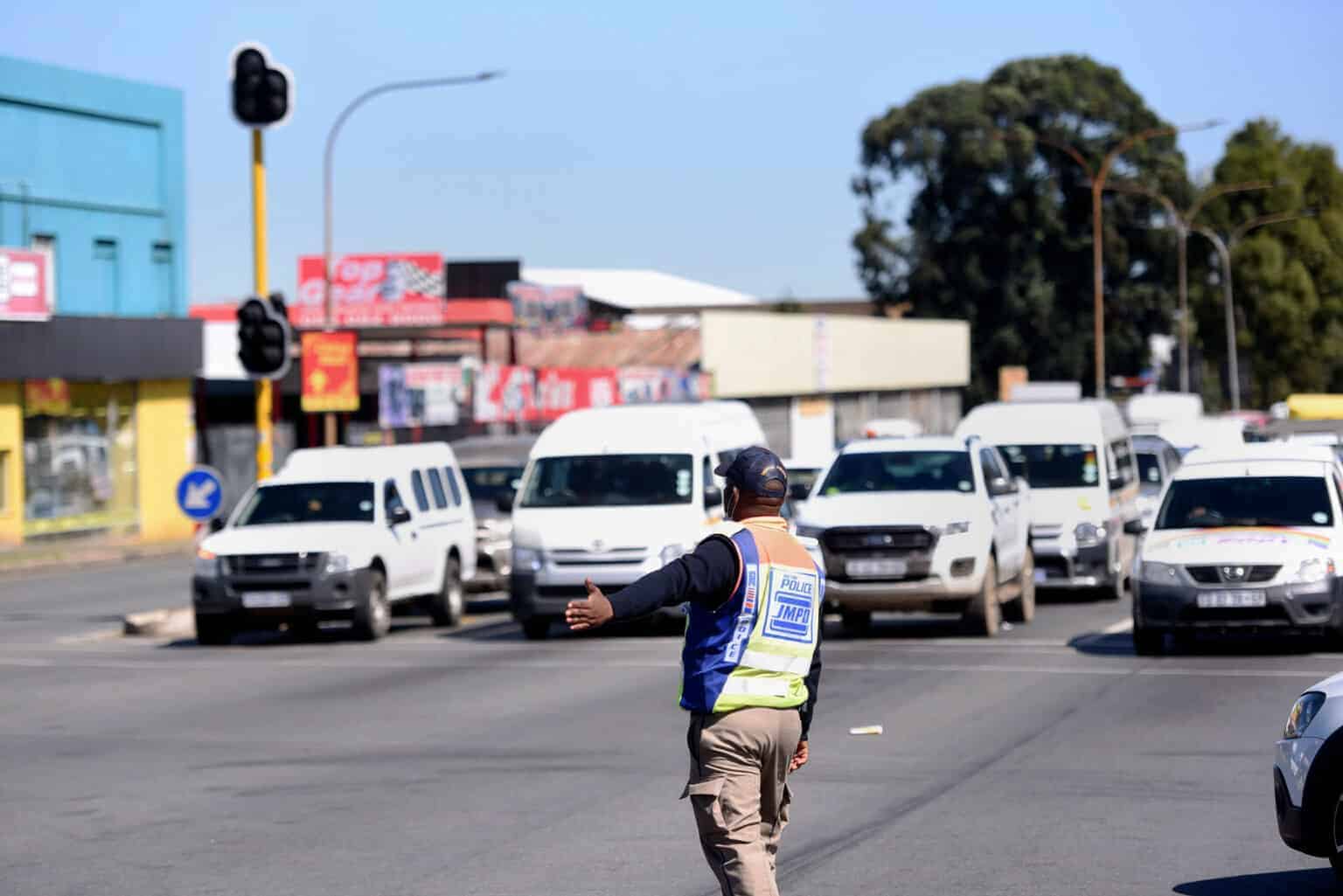DA accuses the municipality of shifting its revenue collection duties onto JMPD officers.

The DA in Gauteng has accused the City of Johannesburg of using Johannesburg Metropolitan Police Department (JMPD) officers to collect revenue for the struggling municipality.
The party says it has been reliably informed that JMPD officers have been told to collect R7000 in fines daily.
The officers also have the option of working overtime to help them reach the target.
Each officer expected to collect R7k daily
DA MPL Michael Sun told The Citizen that the municipality is pushing its rate collection responsibilities to JMPD officers.
“Officers have reliably informed us that they are under pressure to each collect at least R7 000 in traffic fines daily.
“This effectively turns law enforcement into a revenue-generating system rather than a public safety service,” Sun said.
How are motorists affected?
Sun said this policy puts motorists in a position where they can easily become targets for officers under pressure to meet their targets.
“This pushes JMPD officers to aggressively pursue fines instead of focusing on their duties, such as bylaw enforcement, traffic management, and crime prevention.”
“While disturbing, these revelations coincide with the common sight in Johannesburg, where the JMPD is increasingly engaging in indiscriminate and excessive roadblocks, particularly at high-traffic intersections, not to ensure road safety or enforce the law but to maximise fine collection,” he said.
ALSO READ: Lesufi reshuffles several heads of Gauteng departments after reports reveal misconduct
Questions raised about some JMPD operations
Sun said some operations that JMPD embarks on are non-compliant with the National Road Traffic Act and the South African Police Service Standing Orders.
“By reclassifying illegal roadblocks as ‘roadside checks’, JMPD evades crucial legal requirements, including proper authorisation by a senior officer, clear signage, adequate warning to motorists, among others.
“These legally indefensible roadside checks exist solely to extract revenue from struggling motorists, many of whom are already facing economic hardship,” he said.
Sun said the new targets that have been given to officers do not contribute to regulating traffic flow, reducing accidents, or ensuring public safety.
“Instead, they foster abuse, selective enforcement, and an erosion of public trust. A DA-led Gauteng provincial government would put an end to revenue-based policing targets, restoring integrity to JMPD operations.”
The Citizen reached out to JMPD spokesperson Xolani Fihla for comment.
He denied that officers were being used to reach the city’s revenue collection targets.
“The JMPD would like to emphasise that our enforcement operations are conducted with the primary goal of maintaining safety and order on the city’s roads.”
“As part of their duties, officers are expected to issue citations when a motorist is found to be in violation of traffic laws,” he said.
The latest complaints by the DA come after Finance Minister Enoch Godongwana also expressed concern with the state of the metro’s finances.
According to The Sunday Times, Godongwana has given the city a few days to come up with a strategy to curb wasteful expenditure or face intervention from the national government.
The City of Johannesburg has a budget of about R89 billion but has been struggling to collect rates over the years.
Support Local Journalism
Add The Citizen as a Preferred Source on Google and follow us on Google News to see more of our trusted reporting in Google News and Top Stories.








